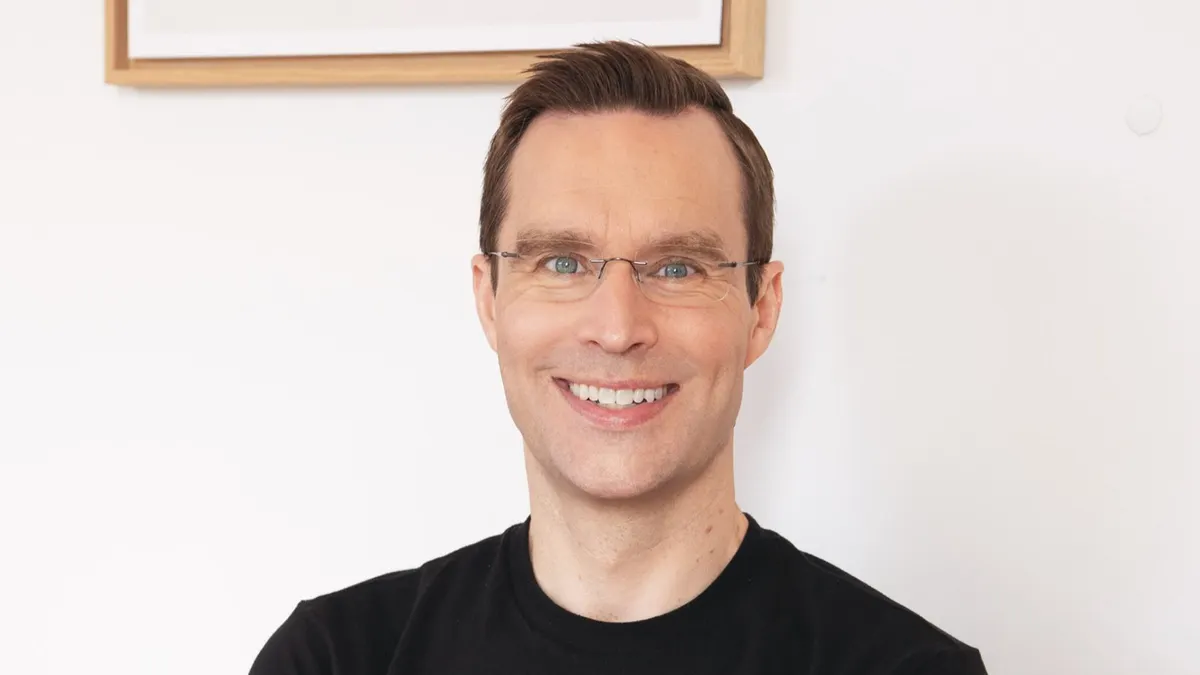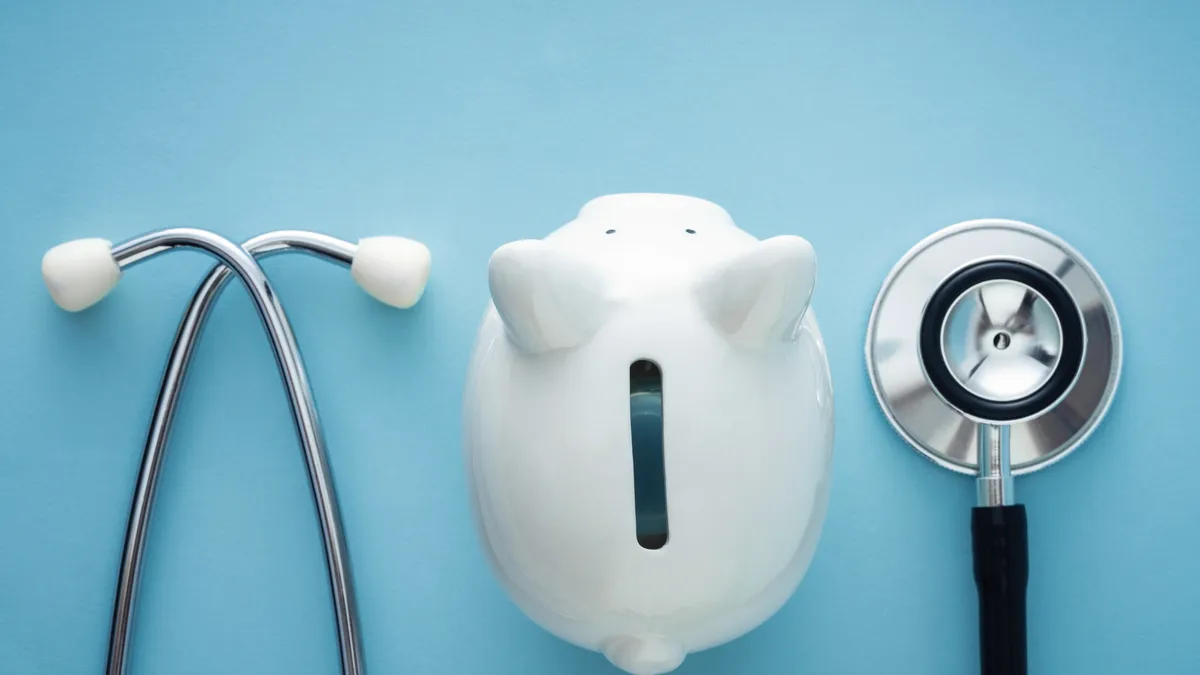A new FDA policy aiming to boost access to digital health devices for treating psychiatric disorders during the COVID-19 pandemic is creating new opportunities for digital therapeutic manufacturers.
Akili Interactive Labs, a Boston-based company that seeks to deliver digital medicine through video games, began rolling out its still-under-review ADHD treatment Wednesday at no cost to qualifying users under the policy, which like FDA’s other COVID-19 guidance documents applies for the duration of the public health emergency.
Pear Therapeutics, which already markets three FDA-cleared app-based treatments for substance use disorder, opioid use disorder, and chronic insomnia, said teleprescribing for its products has jumped amid social distancing and it's looking at other treatments in its pipeline that meet the agency's criteria during the pandemic.
Prior to the COVID-19 era, digital therapeutics were gaining steam with regulators, payers and prescribers as a viable treatment option or supplement across a range of diagnoses. The still relatively nascent category saw investments increase by an average of 40% annually over the past seven years, topping $1 billion in 2018, according to research cited in a McKinsey report last month.
Amassing enough clinical evidence to back the use of those digital health interventions has been an important goal for companies in the sector and, as is the case for other products regulated by FDA, a barrier to entry for some developers.
Pear Therapeutics’ inaugural product, an app-based, prescription-only treatment for substance use disorder, gained an FDA De Novo authorization in 2017, creating the product classification for computerized behavioral therapy devices for psychiatric disorders and allowing for follow-on 510(k)s.
But in light of the COVID-19 pandemic, FDA moved to temporarily lower some of those barriers — including the necessity for 510(k) submissions, certain clinical evidence standards, and registration and listing requirements — for low-risk technologies that could provide relief to individuals with anxiety, depression, insomnia, ADHD, PTSD and autism, among other psychiatric disorders. The agency contends the policy won’t create undue risk for products that are validated, follow cybersecurity best practices, and instruct the user to consult a doctor before using the device.
That approach aligns with FDA's deregulatory pattern toward digital health technologies in recent years, but is nonetheless significant, said Kellie Combs, partner at Ropes & Gray.
Unlike emergency use authorizations for diagnostic tests or ventilators, which more clearly have utility restricted to the coronavirus crisis, it may be more jarring to put the genie back in the bottle once digital health products are in circulation.
"Digital health tools will actually be in the hands of patients with serious psychiatric disorders," Combs said. "In that way, I think it may be more challenging to unring the bell after the COVID-19 pandemic is over or it's significantly calmed down."
And those digital treatments could hold a new level of importance as public health experts warn social distancing and myriad other pandemic-related stresses will increase the prevalence of these conditions, and people are discouraged from having in-clinic appointments to reduce COVID-19 exposure risk for patients and providers alike.
Pear sees the current environment as a catalyst for both its existing products and its pipeline. CEO Corey McCann told MedTech Dive "all assets downstream" of its three FDA-cleared products are "potentially applicable for this sort of guidance." That pipeline includes treatments addressing schizophrenia, PTSD, bipolar disorder and several other therapeutic areas, psychiatric and otherwise.
As for its already marketed products, "demand for teleprescribing has gone through the roof," McCann said, as addiction treatment facilities with some brick and mortar footprint have embraced telemedicine in some way.
"We've certainly seen an increased demand for remote care and for disorders related to the brain and mental health. And so we're looking at continued opportunities to bring our existing products into those paradigms," McCann added.
The temporary policy also provides a potentially valuable opportunity to amass additional use data, Combs said.
"If and ultimately when the time comes that FDA starts enforcing the various regulatory requirements for the digital health tools, the developers or the companies who are marketing the tools will be in a really good position to go ahead and make a submission to FDA that would comply with the more formal regulatory requirements that FDA seems to be waving during the emergency," Combs added.
The pandemic environment and FDA's guidance created a new "sense of urgency" for the sector, said Akili’s Jeff Abraham, vice president of market access and trade, during a virtual briefing Wednesday on coverage of digital therapeutics during the COVID-19 outbreak and beyond.
But even with the benefits of putting its products more quickly into the hands of users, "some of the challenges we faced before in terms of getting coverage and reimbursement — I still think those are going to be there," Abraham said.



















